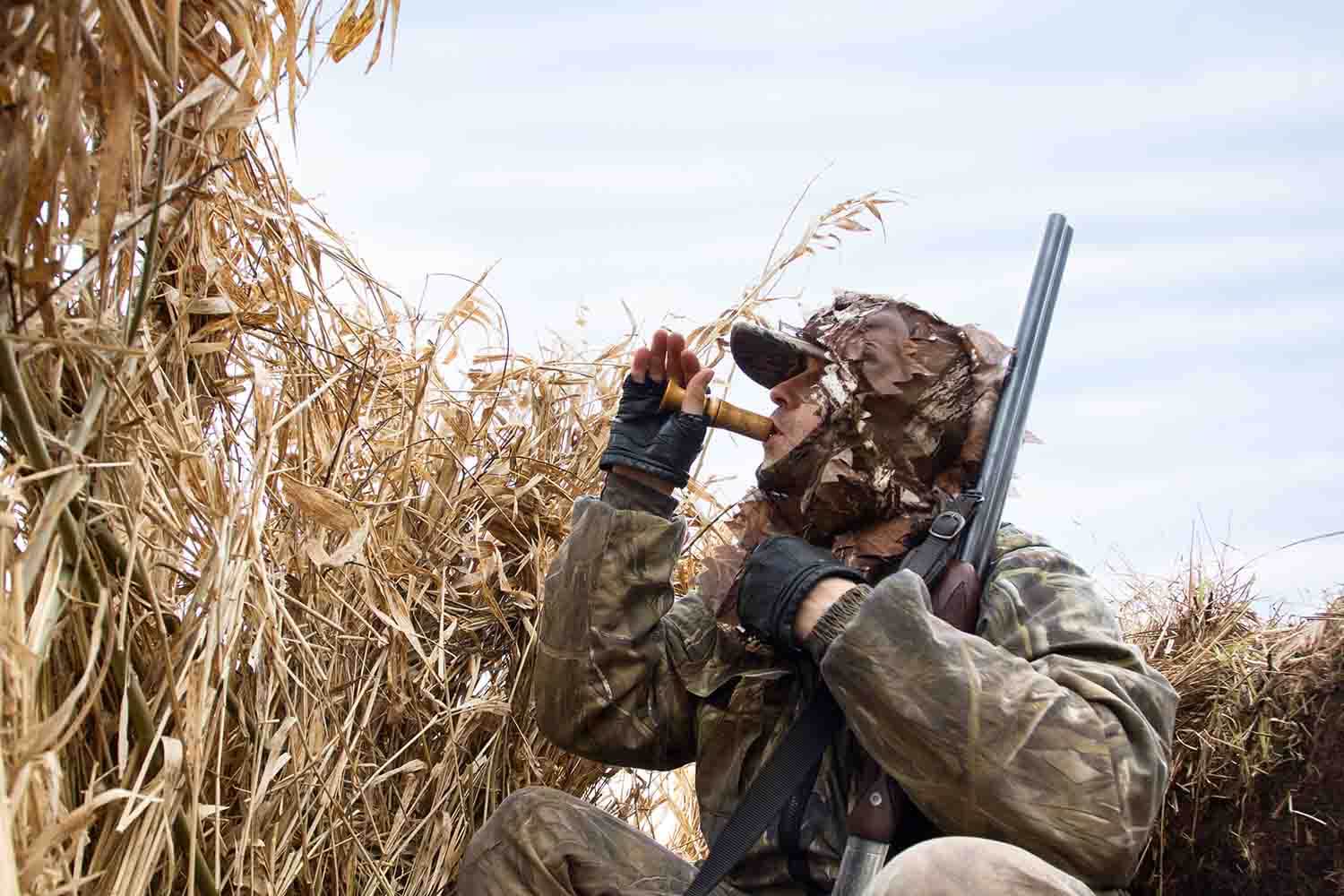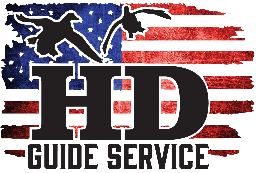
Duck Calling Mistakes to Avoid
Every hunter can agree that they have made duck calling mistakes. We have all watched ducks drift away right before the shot. In these moments, you wonder where you could have gone wrong. You might have been seen or you might have made a mistake with your duck call. Below we outline some common duck calling mistakes to avoid. Improving your calling technique can help avoid the heartbreaking sight of flaring and non-committal ducks.
Mistake #1: Calling Too Much
The first duck calling mistake is calling too much. Overcalling comes in many forms, but the most common is when hunters call too often and quickly. After calling, give the ducks a chance to breathe. During this time focus on their reaction, if they have turned and are coming straight towards you it is best to leave your call alone. Later in the season, ducks can also get “call shy” and too much calling will flare the flock quicker than a wink.
Mistake #2: Poor Timing
The second duck calling mistake is poor timing. When you call is more important than how you call. This goes back to taking a moment to see how the ducks are responding to your call. It is normal for the proper timing to change from day-to-day. Call timing can also be dramatically different in the early seasons vs. later in the season.
Mistake #3: Not Calling as a Group
The third duck calling mistake is not calling as a group. When hunting as a group, make sure you are calling as a group. If needed, pick out who will be the lead caller. This will help reduce uncoordinated calling. Also, make sure your group is focused on the same group of ducks. If half of your group is calling to ducks on the left and half is calling to ducks on the right, you will create uncoordinated calls.
Mistake #4: Improper Inflection
The fourth duck calling mistake to avoid is improper inflection. Inflection is the pitch, cadence, or tone in your call. The tone, cadence, and pitch of a duck’s call convey their emotion. If your pitch is too high, you may create the illusion that a duck is alarmed. This will cause other ducks to avoid your spread. Calls like the “feeding call” or a “lonely hen call” will convey a sense of calm and create an invitation to land. And make sure you avoid the “danger call”. That is one way to guarantee the ducks won’t drop in for a visit. There are several duck calls that all duck hunters should master. It all takes practice and time.
Mistake #5: Not Creating a Conversation
The fifth and final duck calling mistake to avoid is not creating a conversation. There is a huge difference between calling at ducks and calling to them. You want to call to ducks and create a conversation as a group. Once your call creates a reaction from passing ducks, you have got their attention and can start the conversation.
Hone your own duck calling skills with repeated practice. Go out and sit with the ducks in the park and listen to how they vocalize and communicate with each other. Now that you know a bit more about duck calling, it’s time you booked your next duck hunting adventure.
While this guide is helpful for learning about duck calling, you can leave the calling to us when you visit! We will make sure to get you on the ducks at Reelfoot Lake! Contact us for more information on a guided duck hunt.
